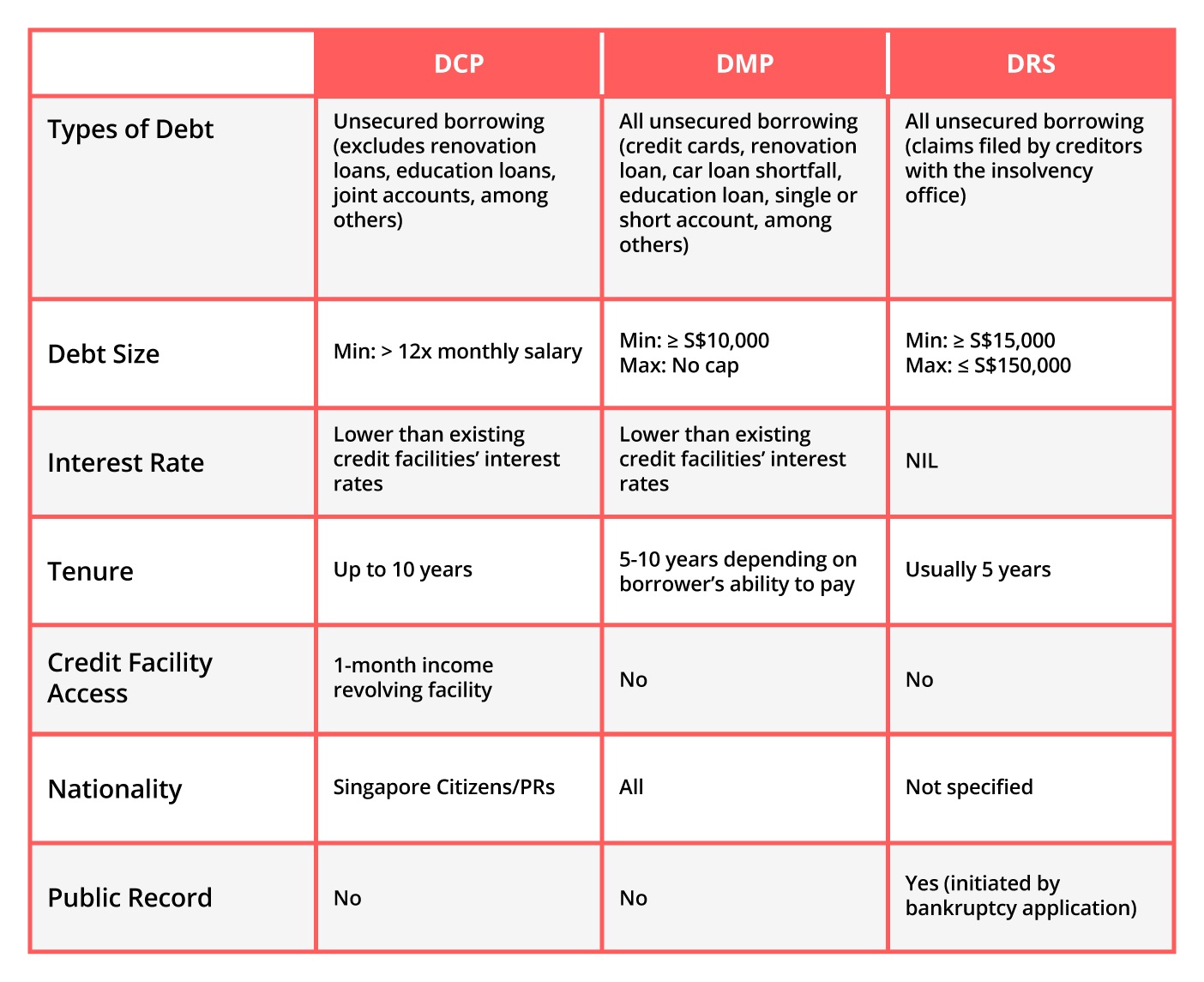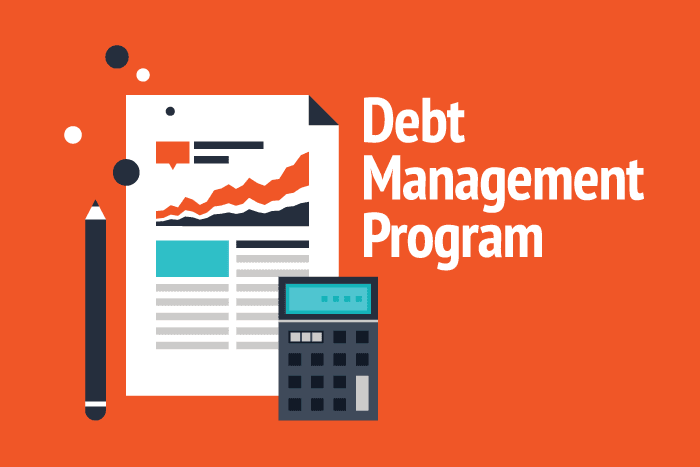Comprehensive Debt Management Plan Services for Effective Financial Recovery
Comprehensive Debt Management Plan Services for Effective Financial Recovery
Blog Article
Specialist Tips and Techniques for Implementing an Effective Debt Monitoring Plan
When it pertains to navigating the intricacies of debt monitoring, having a well-thought-out strategy is important for attaining monetary security. Executing specialist suggestions and approaches can make a considerable distinction in your journey in the direction of debt alleviation. From assessing your existing financial standing to discussing with creditors, each action plays a pivotal duty in shaping an effective financial obligation management strategy. By understanding the details of financial obligation management and embracing tried and tested techniques, people can lead the way for a much more secure monetary future.
Analyzing Your Present Financial Circumstance
Prior to embarking on a debt administration plan, it is critical to completely evaluate your present financial standing. Comprehending your financial circumstance is the fundamental step in the direction of efficiently taking care of and decreasing your financial debt.

Developing a Realistic Budget Plan
Recognizing your present monetary scenario lays the groundwork for establishing a practical budget that aligns with your financial debt monitoring goals and monetary capacities. When developing a budget, it's important to precisely track your revenue, expenditures, and debt obligations. Begin by providing all resources of revenue, consisting of incomes, benefits, and any kind of added earnings. Next, outline your taken care of expenses such as lease or home loan repayments, utilities, insurance coverage, and finance payments. Variable costs like groceries, home entertainment, and transportation needs to additionally be represented. By categorizing your expenses, you can recognize locations where you may require to cut down to free up funds for debt settlement.

Prioritizing and Dealing With Financial Obligations
To efficiently gain back control of your financial resources and work in the direction of monetary stability, focusing on and tackling your financial debts is an essential step in your financial obligation administration strategy. Determine high-interest financial obligations that are costing you the most cash and focus on paying them off.
After determining your high-interest financial obligations, think about making use of methods like the financial obligation snowball or financial obligation avalanche approach to pay them off methodically. The financial obligation snowball technique involves paying off the tiniest financial debts first, while the financial obligation avalanche technique focuses on financial obligations with the greatest rate of interest. Choose the approach that straightens finest with your financial objectives and inspires you to keep making development.
Furthermore, consider negotiating with financial institutions for reduced rates of interest or establishing up a layaway plan if you're struggling to fulfill your present obligations. Looking for support from a debt counselor or economic consultant can also give important understandings and assistance on how to effectively tackle your financial obligations - debt management plan services. By prioritizing and addressing your financial debts strategically, you can lead the way in the direction of a debt-free future and enhanced economic wellness
Working Out With Financial Institutions
When involving in financial debt management, working out with financial institutions is a vital action in the direction of look at these guys finding equally valuable options for financial obligation payment. Open up interaction with financial institutions can lead to revised payment plans, decreased rate of interest, and even negotiation deals. Before starting settlements, it is vital to have a clear understanding of your financial situation, including your revenue, expenses, and the overall quantity of financial obligation owed. This details will not only assist you make sensible deals however likewise show to lenders that you are committed to fixing the financial obligation.

Building Healthy And Balanced Financial Practices
Incorporating constant budgeting practices is crucial for growing healthy and balanced monetary routines. Budgeting enables individuals to track their revenue and expenses, enabling them to make enlightened decisions about their monetary top priorities. Setting particular economic objectives, such as saving for emergencies or retired life, can give a clear roadmap for managing money efficiently.
An additional trick aspect of building healthy monetary behaviors is living within one's means. This involves costs less than what is made and staying clear of unneeded debt. Adopting a thrifty state of mind and differentiating between wants and needs can assist people make more prudent costs options.
Consistently reviewing financial statements and monitoring credit score records are crucial habits that advertise economic recognition and duty. By remaining notified about their financial standing, people can recognize prospective problems at an early stage and take positive steps to address them.
Furthermore, developing a cost savings practice, despite tiny quantities, can add considerably to long-lasting financial safety and security. Saving regularly not only builds a financial padding for unforeseen expenses yet likewise promotes a feeling of technique and responsibility in the direction of money management. By constantly practicing these behaviors, individuals can lay a solid foundation for a secure monetary future.
Verdict
In final thought, implementing an effective financial obligation administration strategy calls for a detailed assessment of one's financial situation, the advancement of a sensible budget, focusing on and taking on debts, discussing with financial institutions, and structure healthy monetary practices (debt management plan services). By complying with these professional pointers and techniques, people can take control of their financial resources and my response work in the direction of attaining monetary stability and flexibility from debt
Understanding your present financial situation lays the groundwork for establishing a sensible budget plan that lines up with your financial obligation monitoring objectives and financial abilities.To effectively restore control of your financial resources and work towards monetary stability, prioritizing and tackling your financial debts is a crucial action in your financial debt management plan.After determining your high-interest financial debts, take into consideration using methods like the debt Continue snowball or financial obligation avalanche approach to pay them off methodically. The financial debt snowball approach involves paying off the tiniest financial debts initially, while the financial obligation avalanche approach focuses on financial debts with the greatest rate of interest rates.When involving in debt administration, working out with financial institutions is an important action in the direction of finding equally advantageous remedies for debt repayment.
Report this page